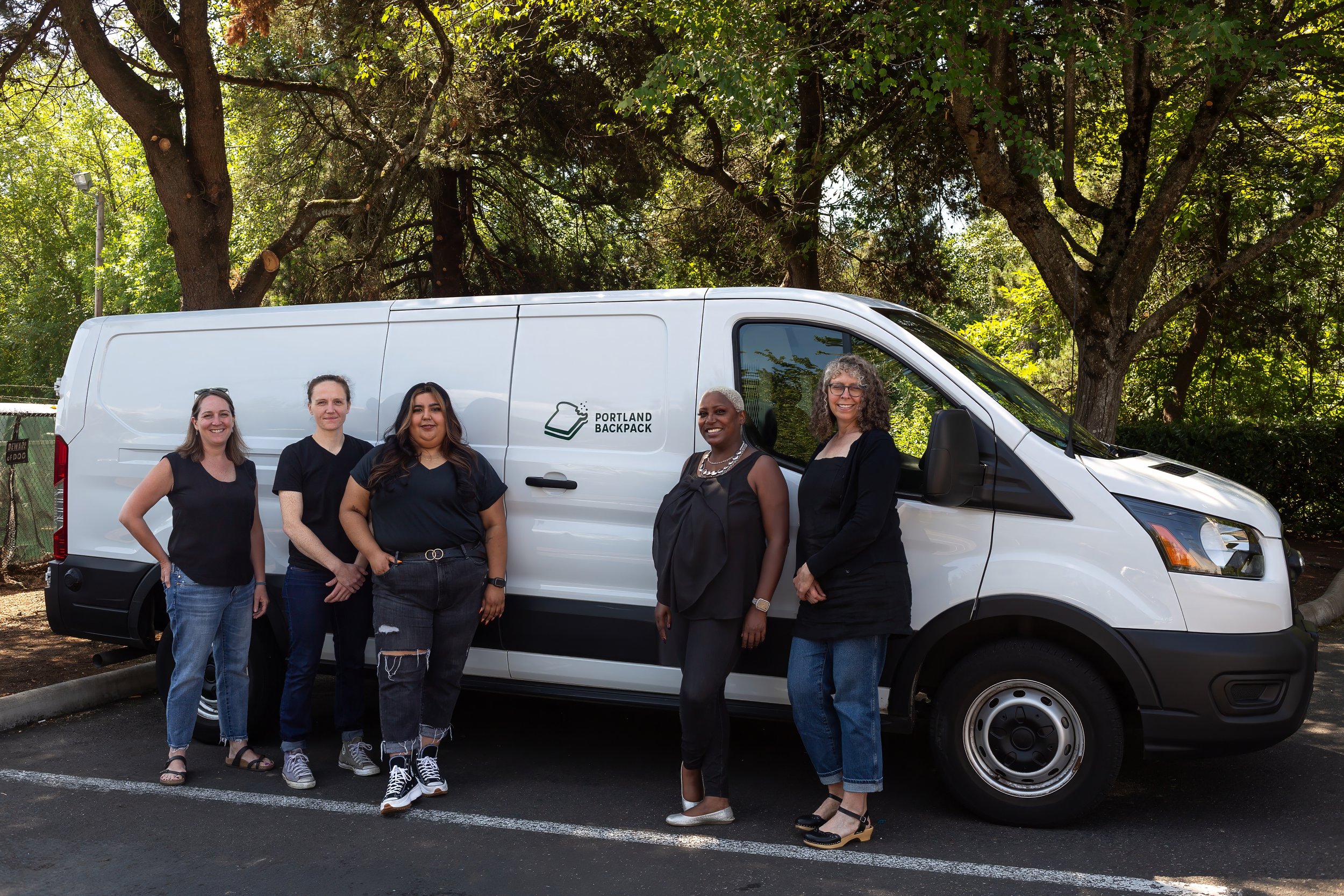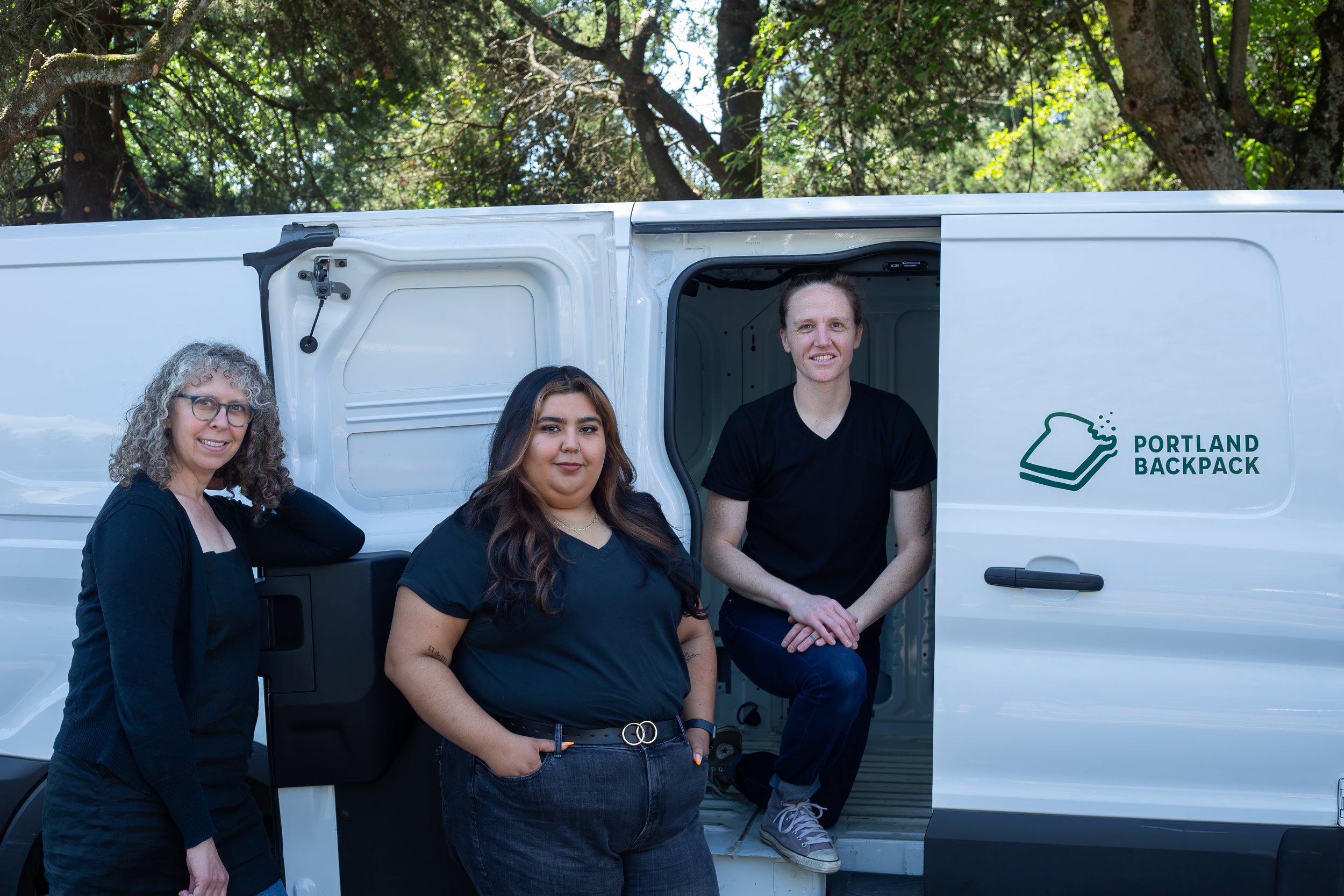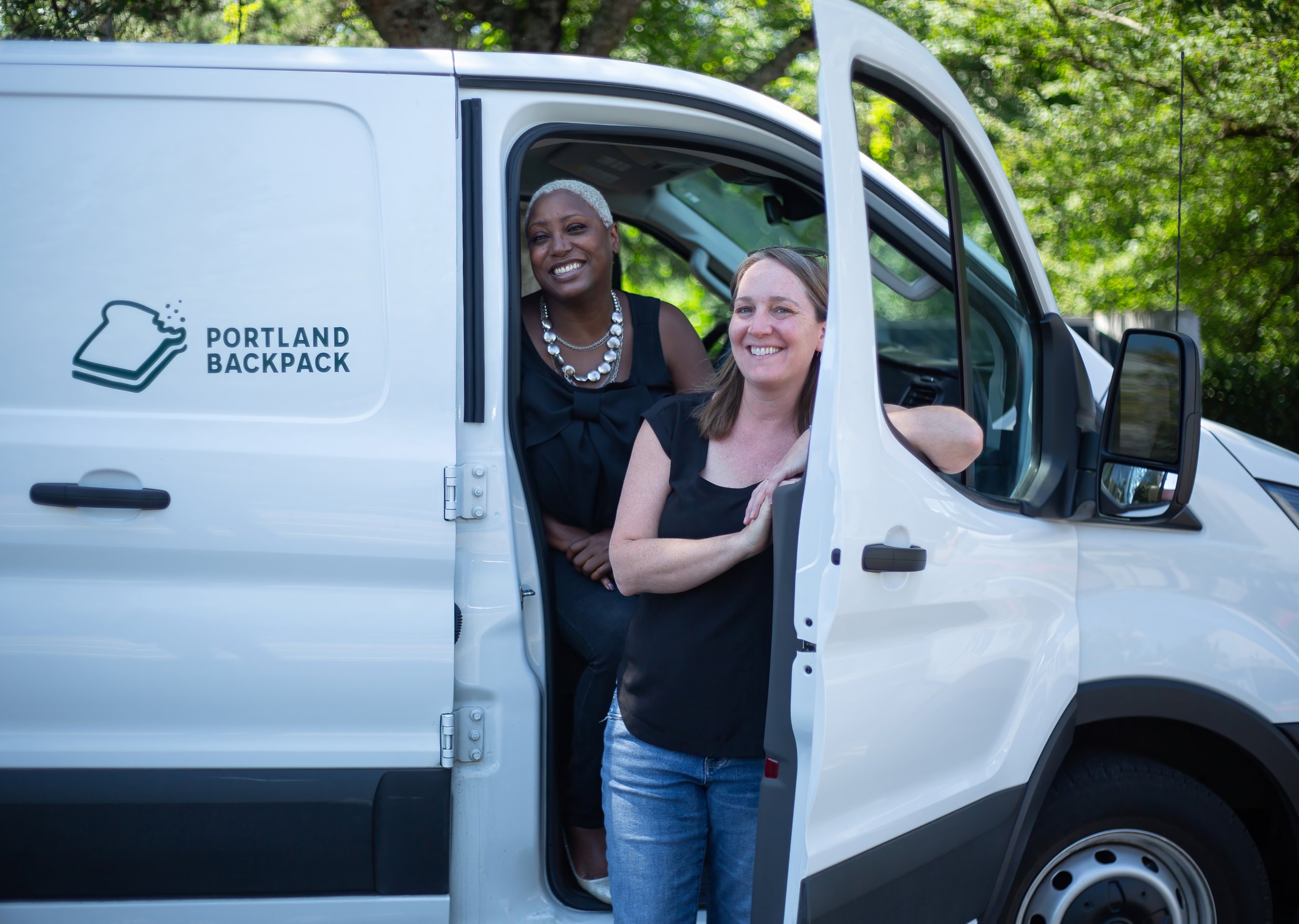Portland Backpack’s Mission is to serve children who are at risk of hunger by providing food sacks for weekend days when food scarcity is higher. We believe that engaging the community in our efforts creates a greater impact that reaches beyond reducing hunger.







